School temperatures raise concern for staff and students
Keyshawn Ward-Delisme and Maya Willams
Heat in school classrooms.
March 9, 2023
Throughout the year, Franklin Learning Center students have complained about the temperatures in their classrooms, from teachers yelling over air conditioners during the winter to students sweating and falling asleep in hot rooms.
At the start of winter, teachers, staff, and students start to prepare for the season change. For some classrooms, it is up to the teachers to regulate the temperature in their classrooms.
A survey was sent to several teachers of FLC. The survey results were based on the question, “Do you regularly take action [open windows, block the heater, or turn on ac in the winter] to regulate the temperature in your classroom?” Many teachers in the winter have had issues concerning overwhelming heat or extreme frigid temperatures throughout the school year.
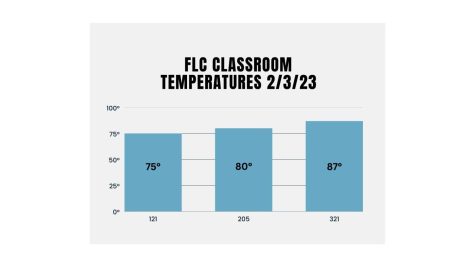
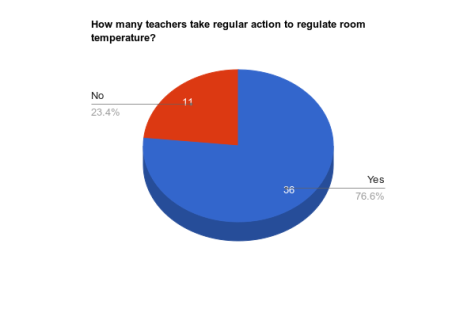
“Sometimes I turn on the AC while we are freezing. Outside [if it is] like 30 degrees or less I have to turn on the AC,” says Mrs. Awad.
As winter progresses every year, FLC, like every other school, starts to turn on the heating system. Some classrooms have vent heaters while others also have a radiator turned on. In the winter, it not only gets too cold but can also get too hot.
The radiators in FLC are exposed to students and staff in the hallways and in classrooms, but when the radiator gets hot to the point where it could potentially burn someone, it draws safety concerns to some teachers.
Mr. Watkins, a teacher with a radiator in his classroom, states, “On colder days the heater, the radiator becomes extremely hot to the point where it is almost burning to the touch. When it gets like that, I often have to open up all of the windows and in the second half of the day, I have to put the air conditioner on just to lower the temperature a little bit.”
Safety concerns are not the only thing teachers are worried about. Some teachers express that having the classroom be too hot or air conditioners having to be turned are things that have made learning and teaching more difficult.
“The kids can feel tired. They can’t focus on learning. We have to turn on the AC’s, but when the ACs are turned on, I can’t speak loud, then they don’t understand, so I have to turn off the ACs again. So it’s very hard, it’s difficult for students to focus.” says Ms. Saganti.
Ultimately, students’ education can be interrupted with the unstable temperature in classrooms where the temperature has created a problem and an ongoing concern. The School District of Philadelphia has previously had to cancel school and give schools half days due to the heat schools can experience in the summer.
Under the extreme heat protocols the School District of Philadelphia has stated, “Exposure to excessive heat can cause heat-related illness.” Heat related illness can be caused by heat from any source that produces large amounts of heat.
“The radiator definitely makes me feel very dry in my respiratory system” claims Watkins.
On February 3rd, 2023 temperatures of three classrooms were taken. Each classroom was on a different floor, but they all had high temperatures in common with temperatures reaching 75 degrees and over. Despite these three classes having high temperatures in other classrooms teachers have had to bring in personal heaters due to how cold their classroom can get.
FLC’s building does have window based air conditioning units instead of central air conditioning units which makes it difficult for the school to regulate temperature in all parts of the school. Some classrooms are hotter while some are extremely colder than others.
Acknowledging the internal heating and air conditioner systems Mr. Prohaska says, “It’s an old building. My room in particular is one of the ones that’s been redone. So I don’t have the window units, air conditioning window units. So in order for me to get air conditioning here, they have to turn on and regulate with the central air. So it’s not like some of the other rooms where I can regulate with the air conditioning units.”
The temperatures in classrooms continue to fluctuate, it’s an ongoing issue in FLC and many other schools in the school district.
Watkins says, “I just hope that we can all have an environment that is best for teachers and best for students so that we can learn.”


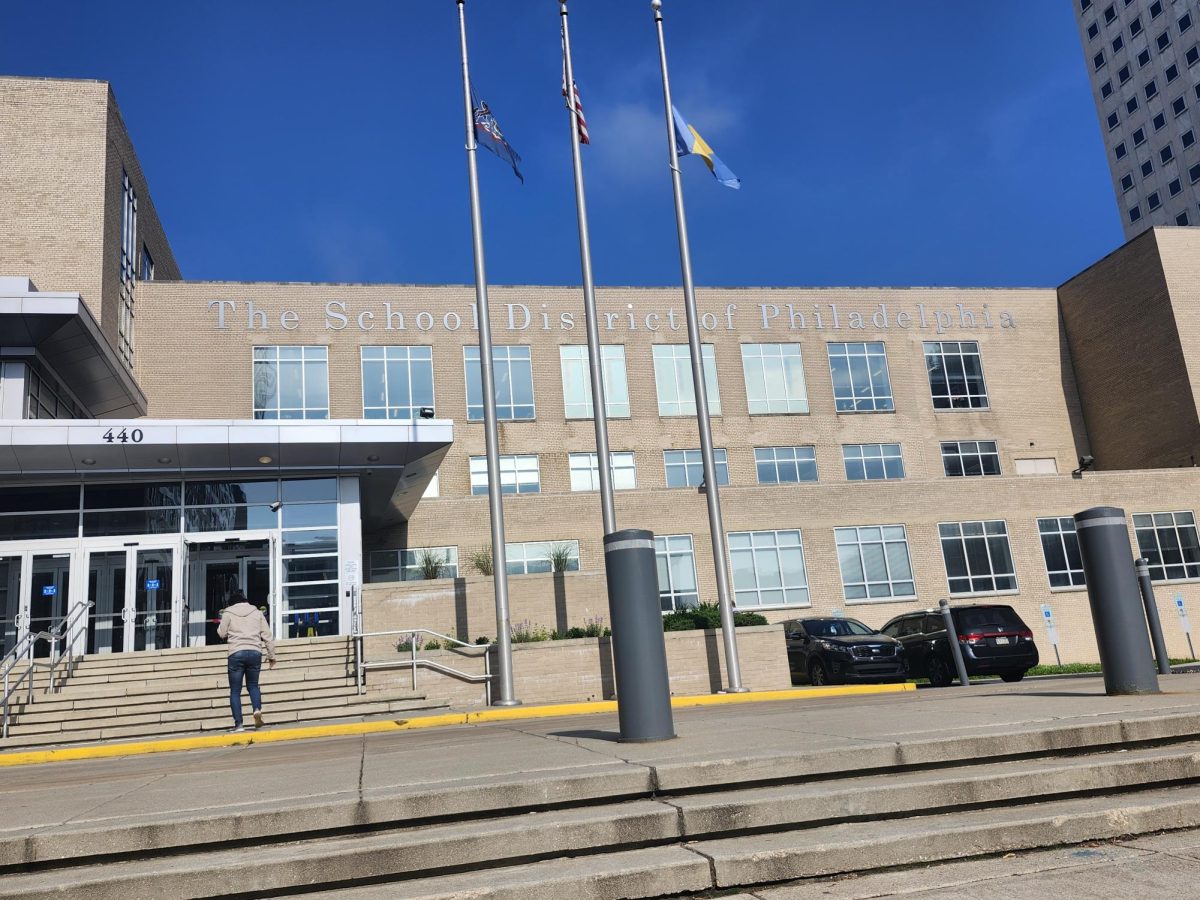


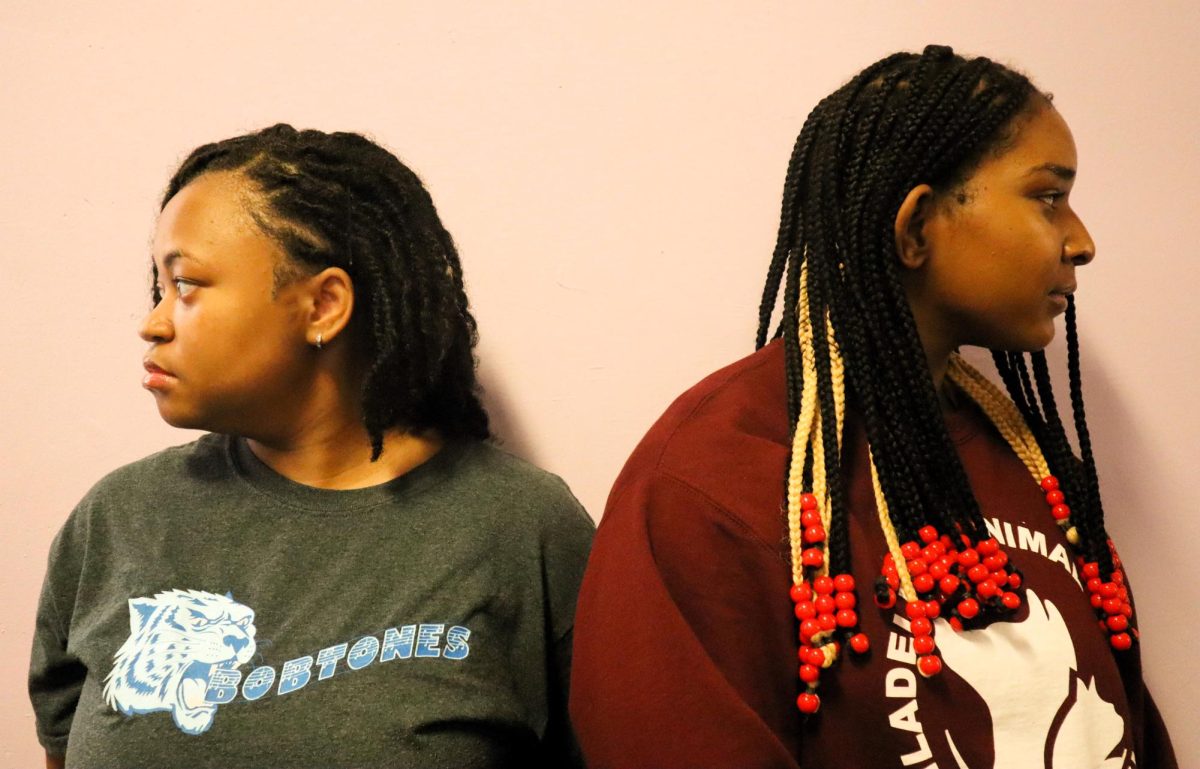
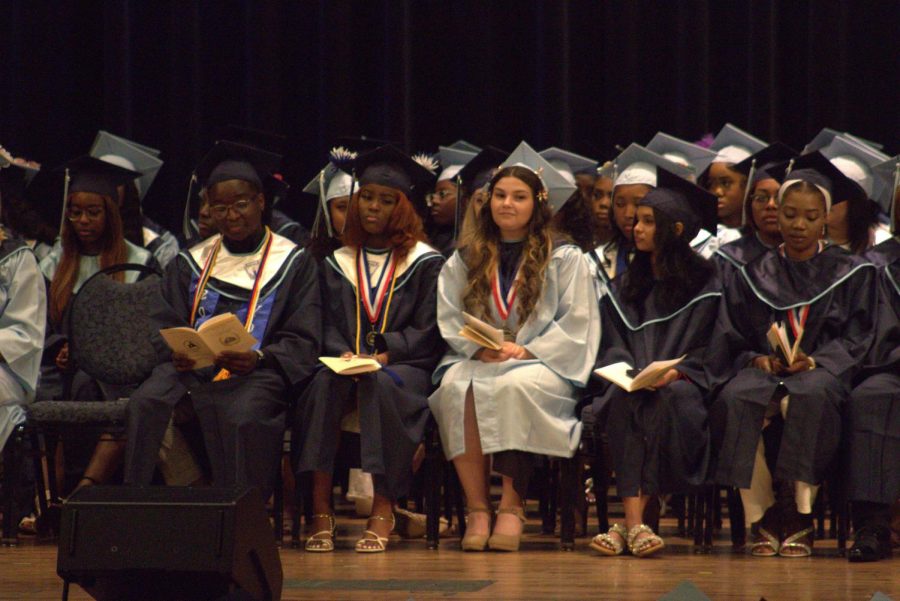
![[VIDEO] FLC 10th grade student awarded $40,000 in a BigFuture Scholarship](https://theflashflc.org/wp-content/uploads/2023/05/Screen-Shot-2023-05-02-at-4.39.10-PM-900x493.png)
![[VIDEO] Mayoral candidates campaign on student issues](https://theflashflc.org/wp-content/uploads/2023/04/IMG_1387-900x506.jpg)


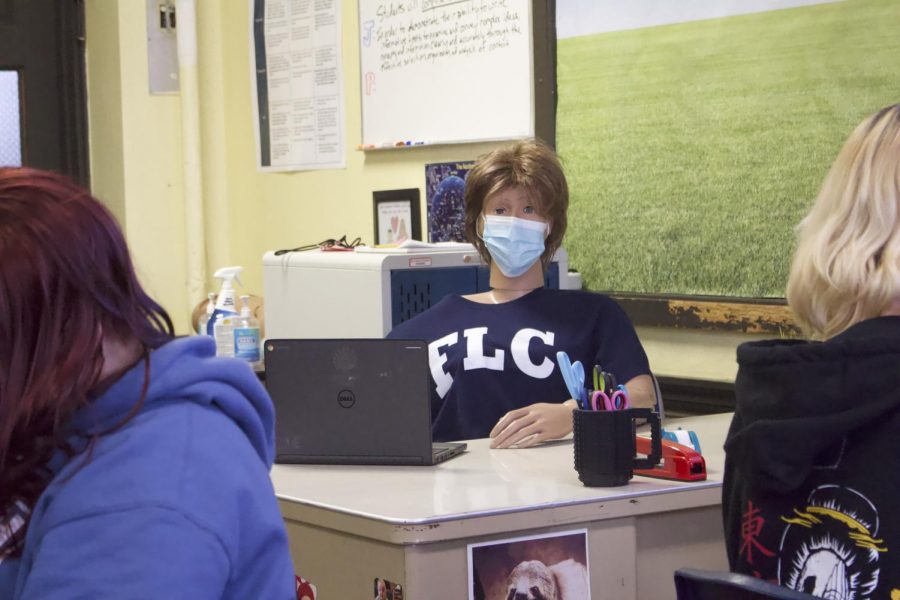





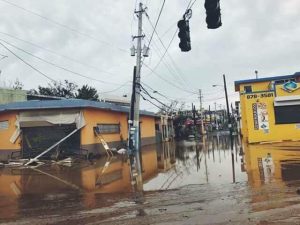


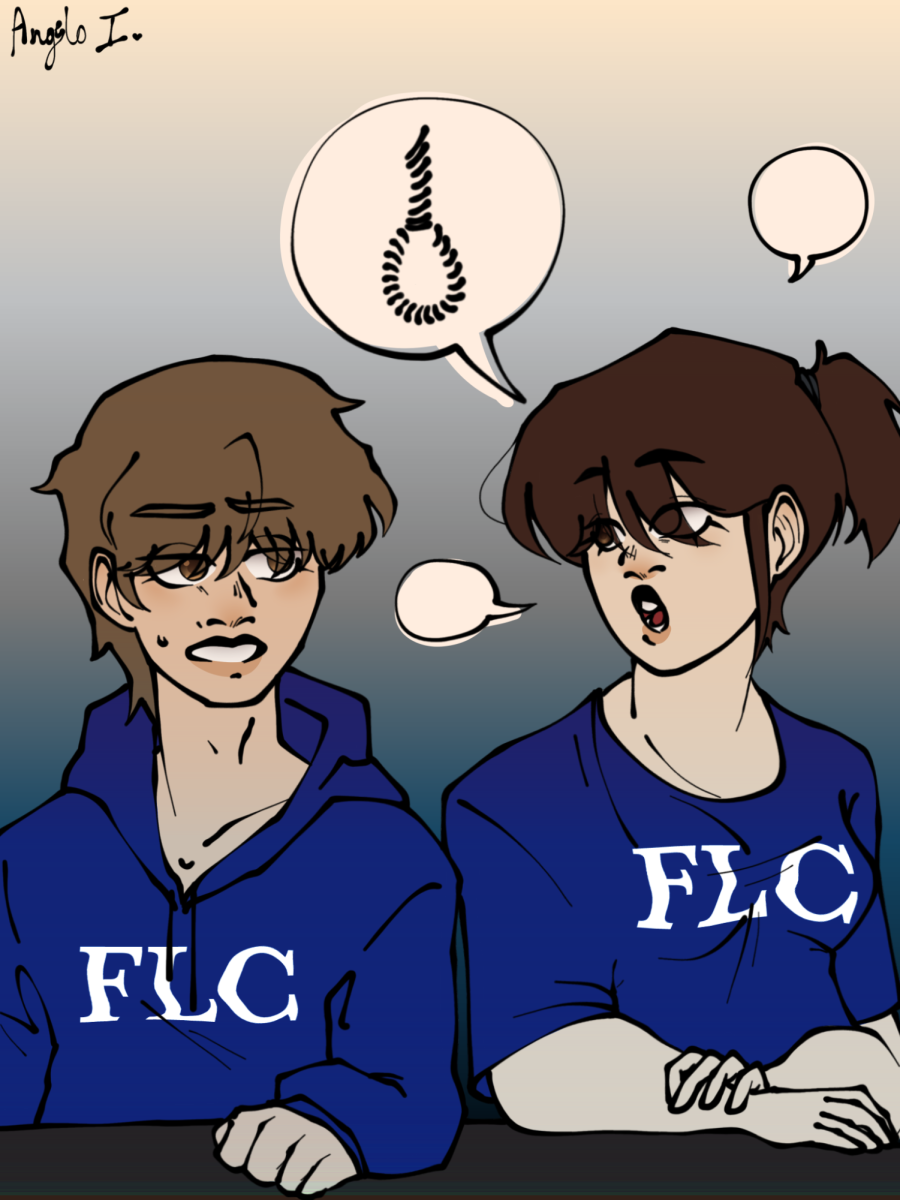

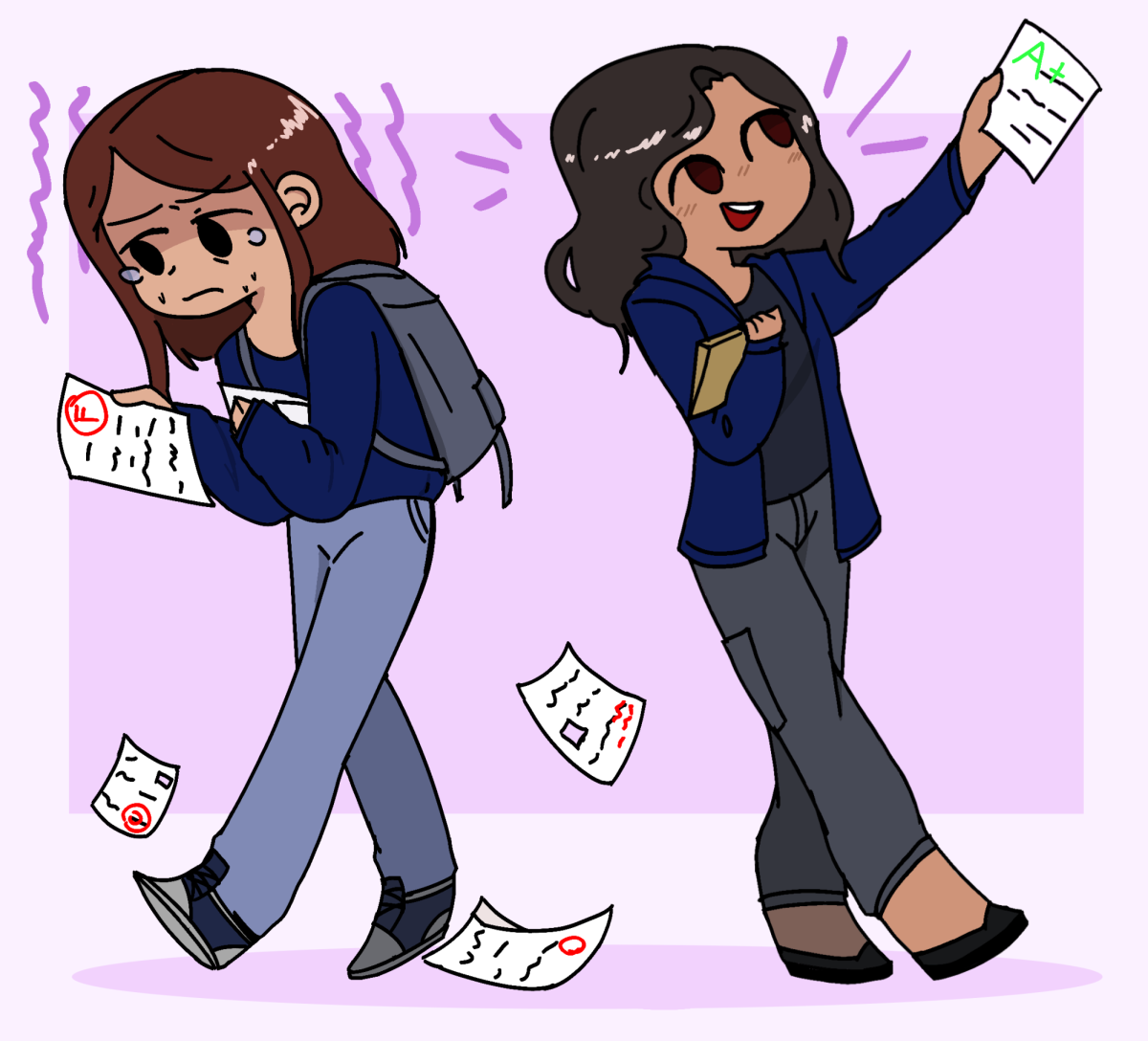

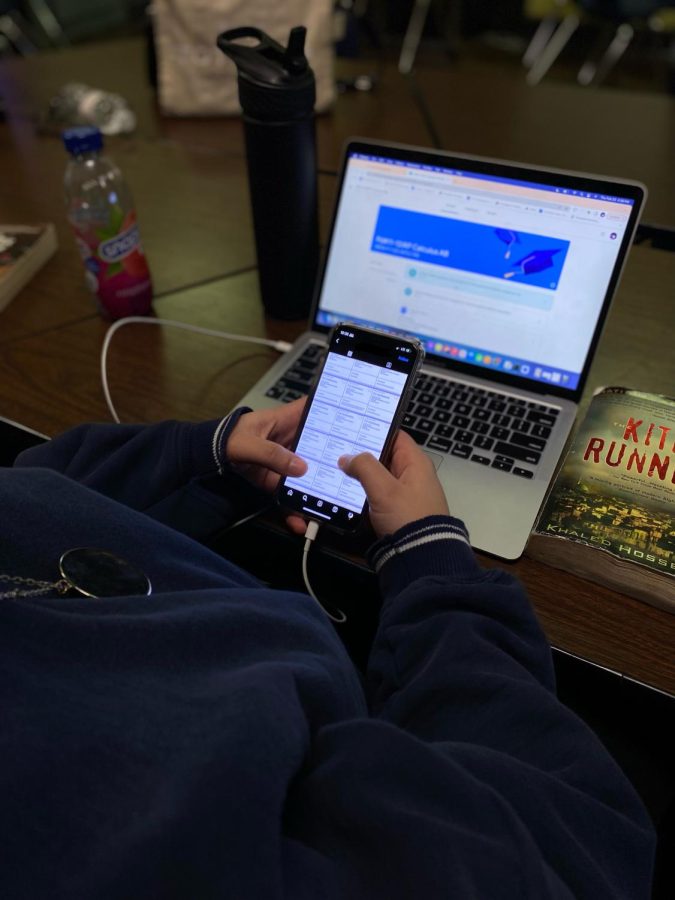
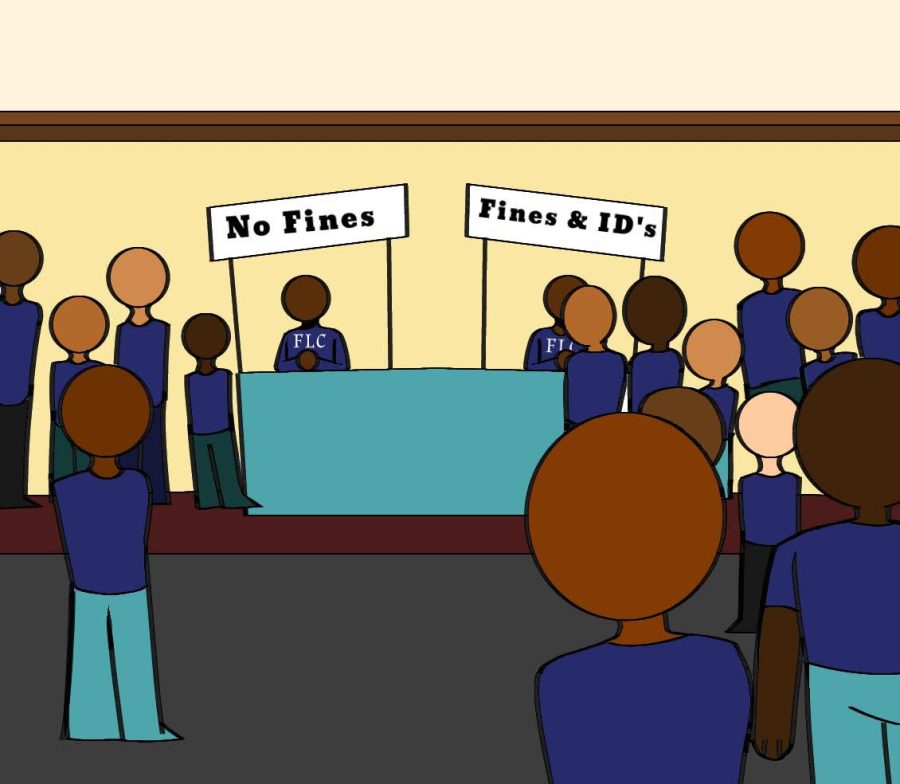
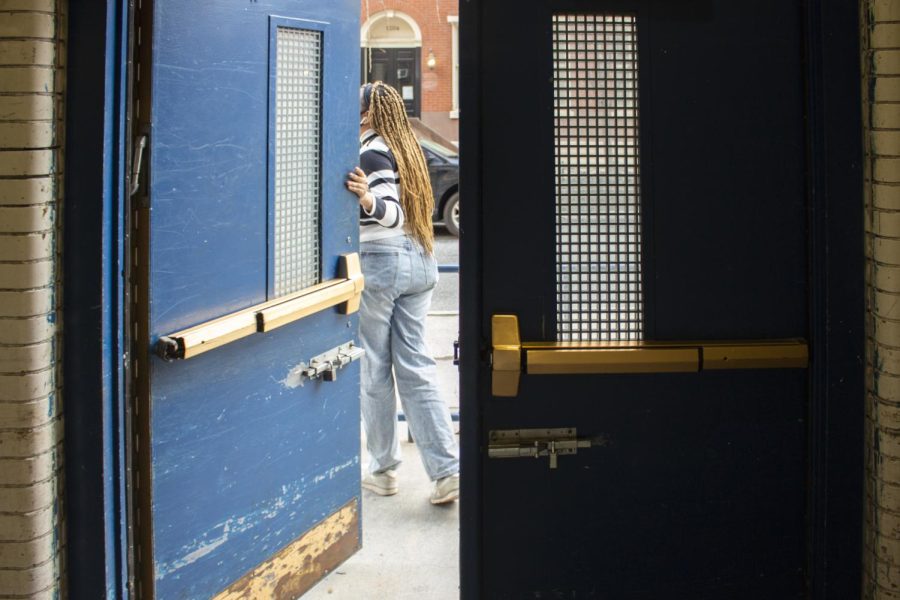




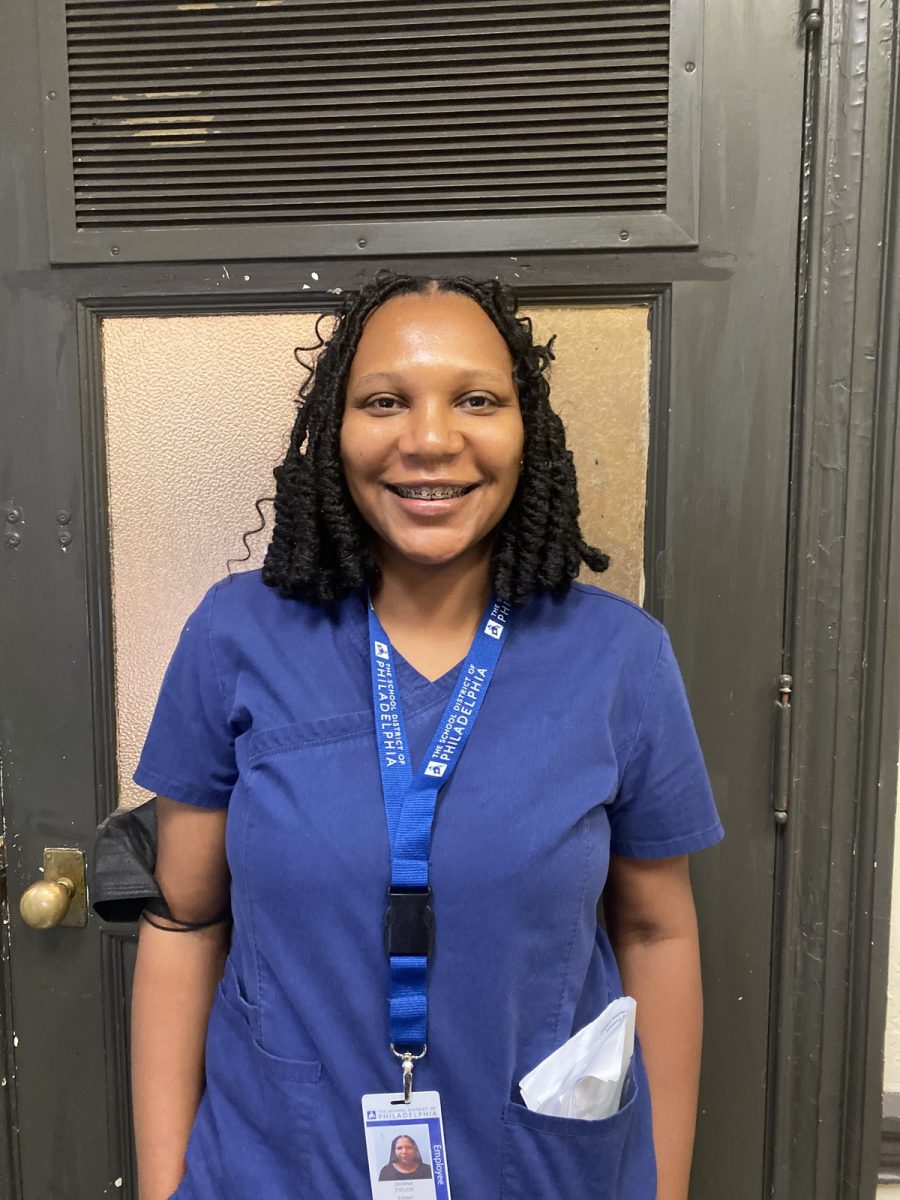


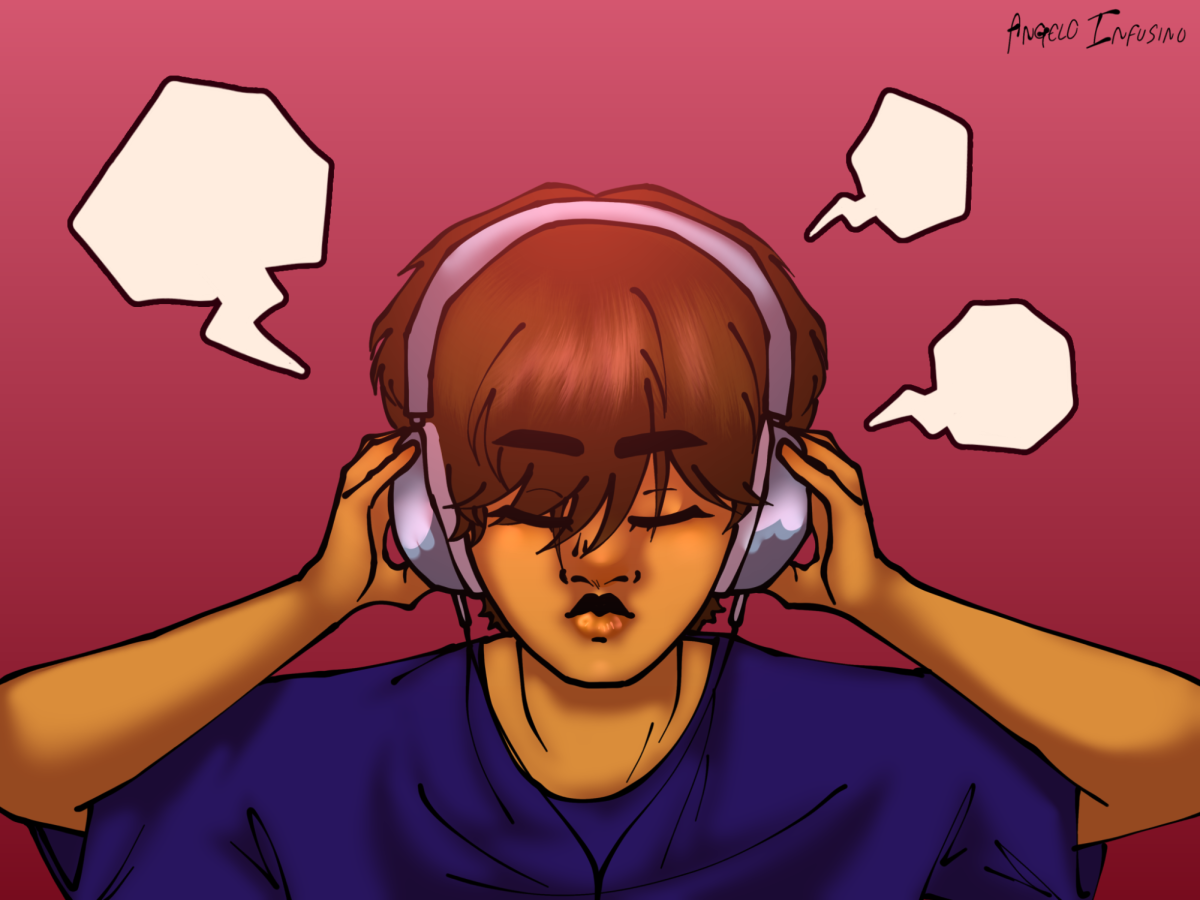



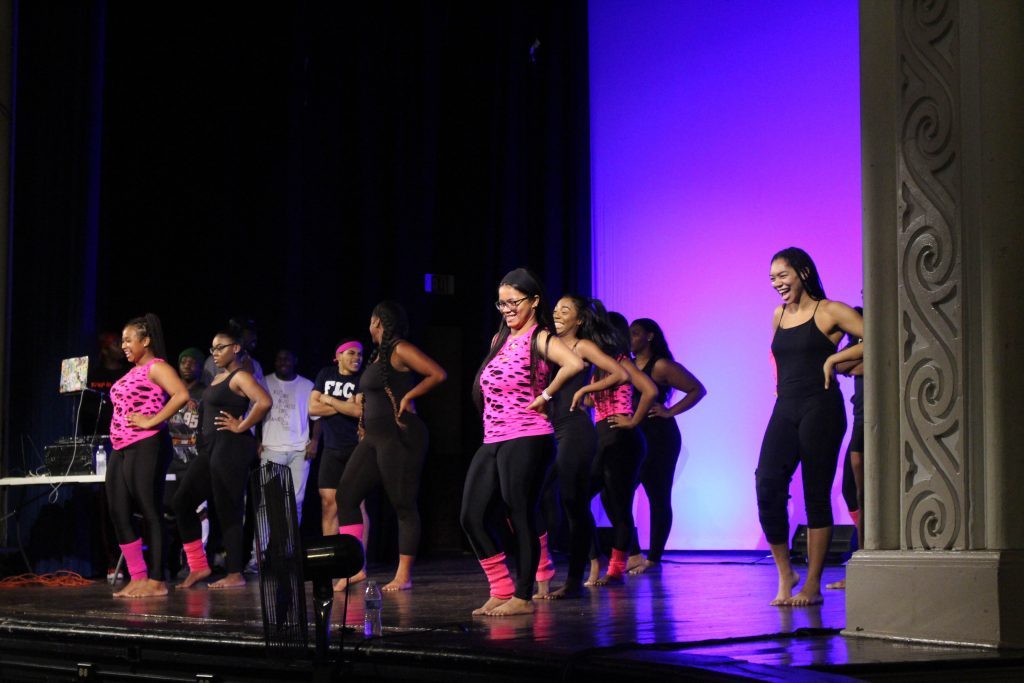










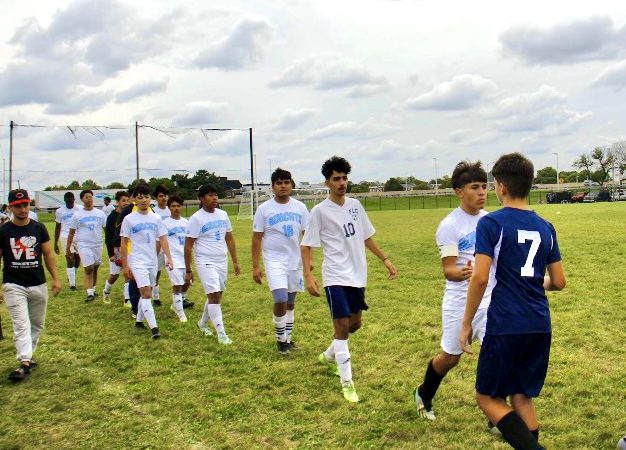
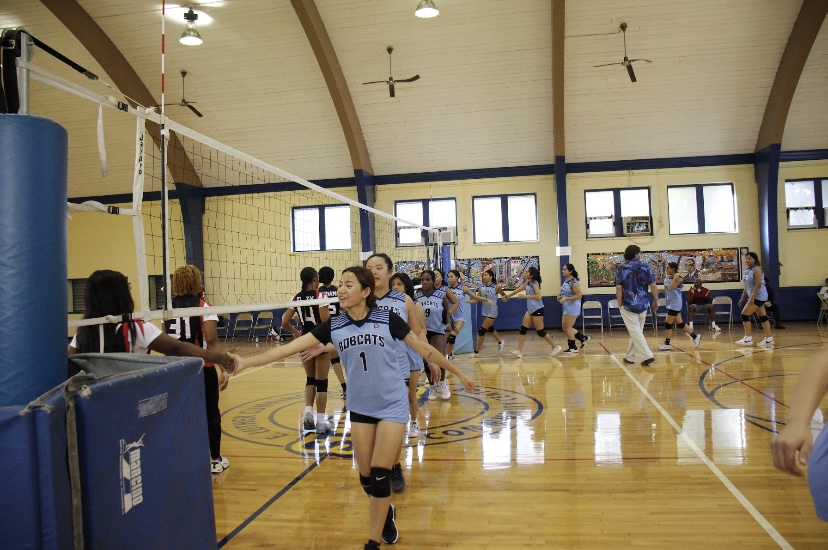
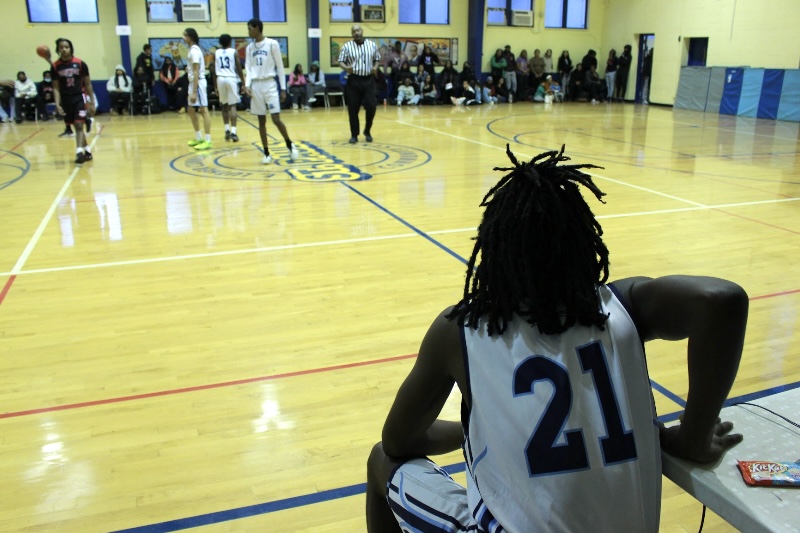
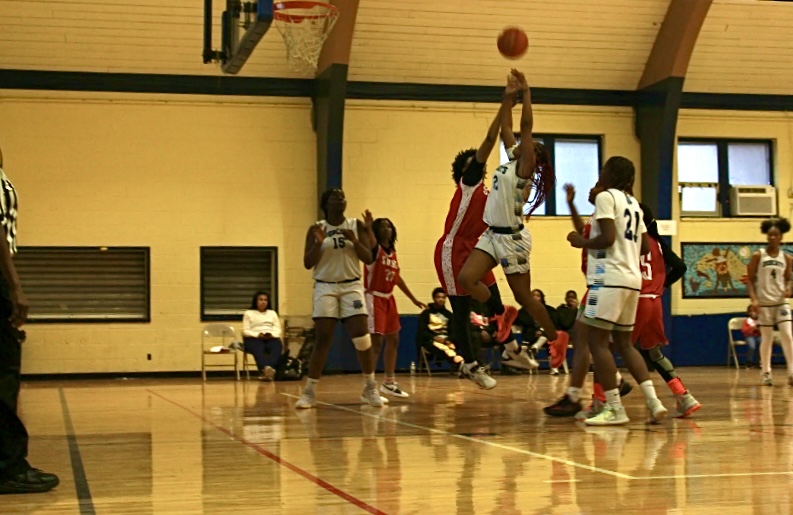
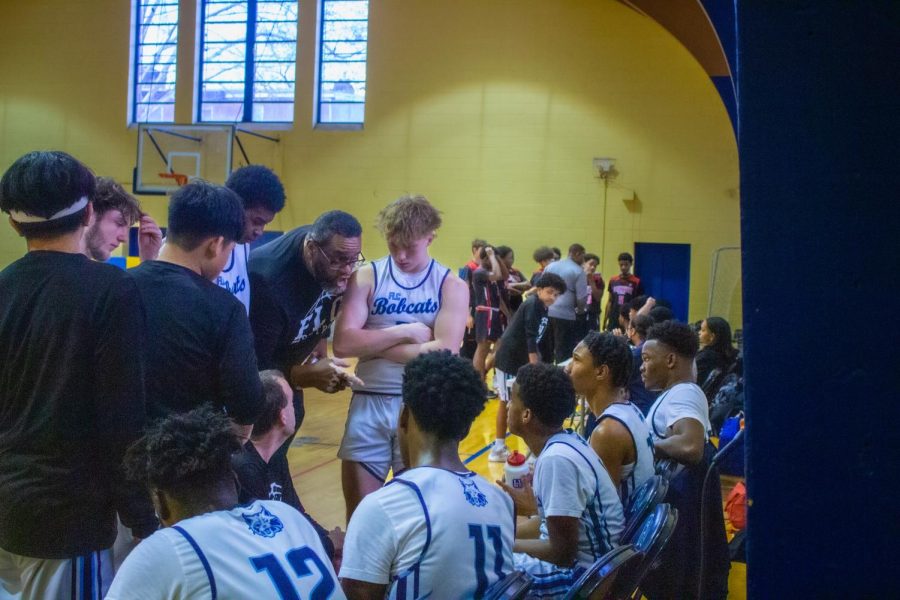

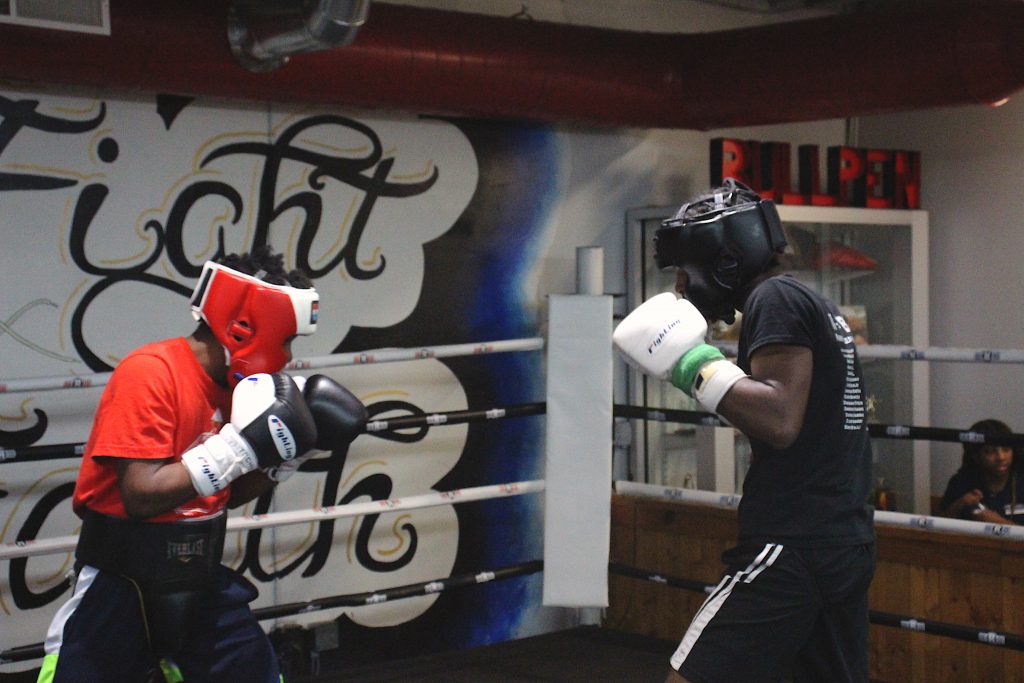

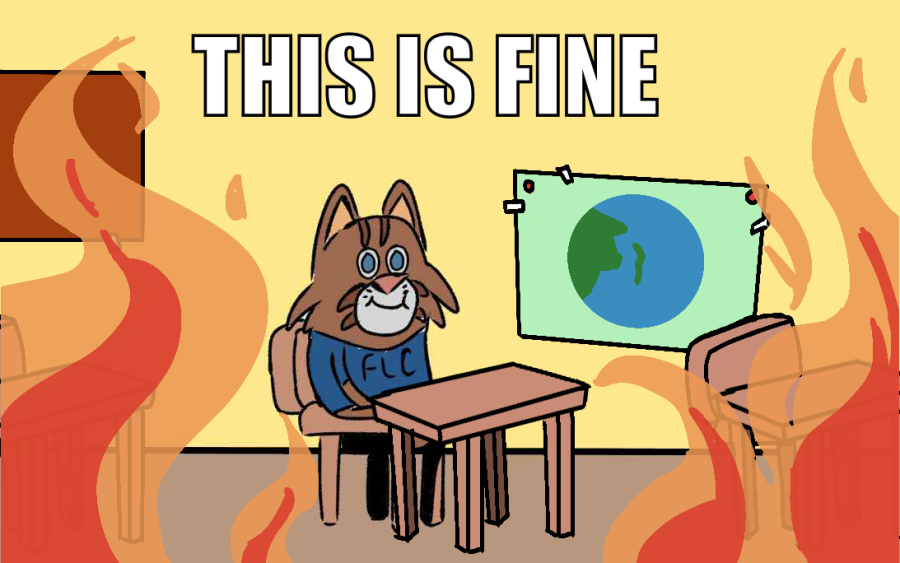



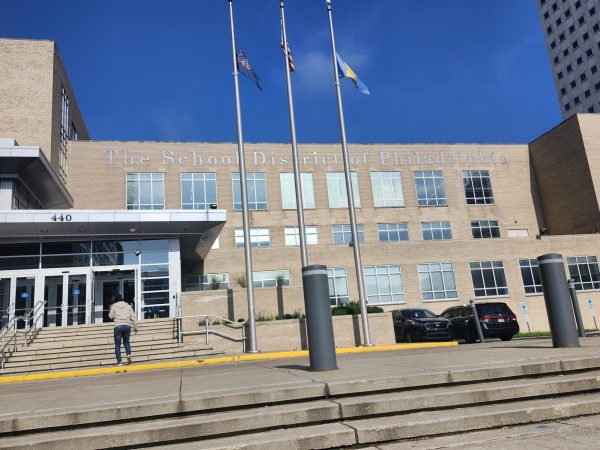




![[Reflections] Flash students compete in state journalism convention at Penn State University](https://theflashflc.org/wp-content/uploads/2024/04/image_2024-04-05_214115397-450x600.png)

